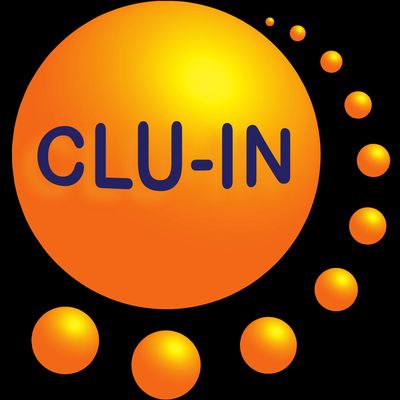Since 1998, The Contaminated Site Clean-Up Information (CLU-IN) website has presented Internet Seminars covering a wide variety of technical topics related to hazardous waste characterization, monitoring, and remediation. For select seminar topics offered since 2012, we are making complete video recordings available through our archives. This feed contains all video seminars archived in the last 12 months. For a complete list of seminars archived since 2000, please visit http://www.clu-in.org/live/archive/. Our Rehabilitation Act Notice for reasonable accommodation is available at http://www.clu-in.org/training/accommodation.cfm. CLU-IN was developed by the U.S. Environmental Protection Agency (EPA) but is intended as a forum for all waste remediation stakeholders. For more information and to view upcoming live offerings, please visit http://www.clu-in.org/live/. For a complete list of RSS feeds available on CLU-IN, please visit http://www.clu-in.org/rss/about/.
http://www.clu-in.org/live/archive
Superfund Research Program Progress in Research Webinar Part 3: Columbia University, Massachusetts Institute of Technology, and University of Rhode Island (Sep 10, 2018)
This Superfund Research Program (SRP) Progress in Research webinar series highlights promising research from SRP Centers awarded grants in 2017. In this session, awardees from Columbia University, Massachusetts Institute of Technology, and University of Rhode Island will describe their research projects, accomplishments, and next steps. The Columbia University SRP Center conducts research that aims to understand and reduce arsenic exposure and toxicity in humans exposed to arsenic in the U.S. and Bangladesh. The projects focus on exposure to arsenic, including from private well water, potential health effects of exposure, and ways to optimize and implement remediation methods to remove arsenic from groundwater. The Massachusetts Institute of Technology SRP Center brings engineering and scientific innovation to bear on issues related to hazardous substances that are relevant to people in Maine and Massachusetts. Their research focuses on two pervasive contaminants, N-nitrosamines and polycyclic aromatic hydrocarbons, and centers around development and application of novel technologies to detect and map contaminants, and to reveal their biological effects. The University of Rhode Island Sources, Transport, Exposure and Effects of PFASs (STEEP) SRP Center is addressing the emerging and expanding problem of poly- and perfluorinated alkyl substances (PFASs) contamination. STEEP aims to better understand the pathways of PFAS contamination in groundwater, and the effects and exposure pathways to vulnerable human populations and rodent models during early development. They are also supporting the development and deployment of passive sampling techniques for PFAS and their precursors in water and air. To view this archive online or download the slides associated with this seminar, please visit http://www.clu-in.org/conf/tio/SRPPIR7_091018/
